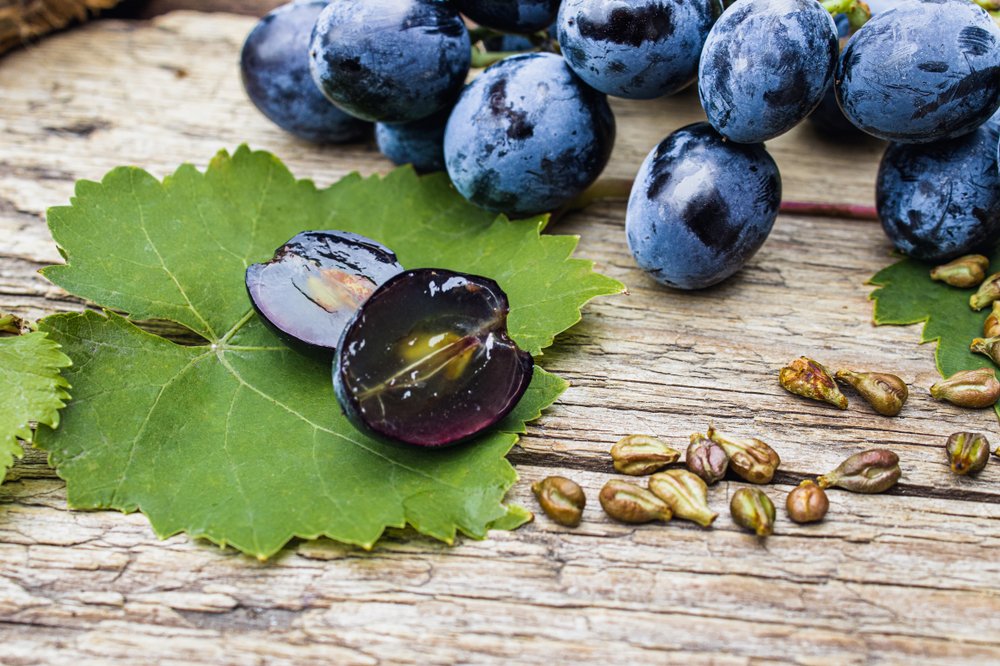Day 38: This cup is the new covenant in my blood, which is poured out for you.
The meal is finished, and the plates have been cleared. Only the stack of matzah and wine are left. Playfully, amid much encouragement and calling out of “hot” and “cold”, John finally finds the afikomen, the middle matzah that was wrapped and hidden earlier in the evening. He settles back in next to Jesus and hands it to him with a happy grin. Jesus smiles back, but pauses as he holds the matzah, waiting for the chatter to die down. When the room is quiet, Jesus breaks it, and choked with emotion, says quietly, “This is my body, given for you…”. He tucks half the matzah between the two that are stacked on the table and passes the other half around, watching as each person breaks off their piece.
Thoughtfully holding the pieces of matzah, they repeat the familiar liturgy, “Blessed are you, Lord our God, King of the Universe who brings forth bread from Heaven.” Jesus can see the wonder and glimmer of understanding on some of the faces, but Peter’s face clouds with a sense of foreboding as he eats his piece.
Mary hurriedly refills each cup with wine. This is the third ritual cup, the cup of Redemption, a reminder that God redeemed the Israelites from Egypt with an “outstretched arm and mighty acts of judgment.” Jesus lifts his cup, and says,
“This cup is the new covenant in my blood which is poured out for you.”
Looking around the table he sees the unspoken questions forming behind the furrowed brows, “New Covenant? What does that mean?” Perhaps, he repeats the words. Some shake their heads slightly, trying hard to understand as they lift their cups and repeat by rote memory, “Blessed are you, Lord our God, King of the Universe, Creator of the fruit of the vine.”
Vineyard Metaphor
New vines come from older vines.
Like apple and pear seeds, grape seeds do not produce genetically identical fruit as the parent plant.
They are not “true to seed,” so planting a grape seed from a beloved vine, will not produce the same kind of grapes! Vines are best propagated by using cuttings and grafting rather than planting seeds. There are many methods of propagation, but they all include cutting a piece of a cane from an existing vine which has the desired qualities of the new vine.
The cuttings to create a new rootstock are usually collected just before winter pruning.
The 6-8” cutting (which looks like a dead stick to the untrained eye) is planted in the prepared soil with the end of the cutting, which was closest to the root of the vine, pointing down. The entire stick is then covered with a mound of dirt. In the spring, a small volcano of leaves will sprout out of the mound indicating that a root system has begun to grow. The leaves are left for the season as the roots get stronger. A new root stock has been cultivated, and in a few short months, it will receive the tiny scion graft that will replicate the desired varietal.
The fruit that will grow on this new vine will have the same genetics as the fruit that grew on the parent vine from which the scion was collected.
Creating your own rootstock and grafting in a target varietal is a long, painstaking process that is generally only performed by the most dedicated vineyard owners to preserve the genetics of vines they have loved and have given the best fruit.
Reflection and Meditation
The Passover meal, or Seder, is a reminder, an embodied memorial, of the covenant relationship God has with Israel. The last meal Jesus ate with his disciples was the Passover meal, where he instituted a new covenant relationship between God and humanity. As Jesus raises the cup of Redemption, he declares that his blood will seal a new covenant, a new relationship. Like the blood of the lamb the Israelites painted on the door frame at the first Passover which protected the firstborn from the angel of death, the blood of Jesus will redeem those who believe in him from eternal death, unto eternal life
Just like a new vine that is propagated from an old vine, Jesus becomes the true vine with a new root system, which still carries the DNA of the original vine. The old covenant is not abolished but fulfilled with the new covenant Jesus brings.
Take a moment to ponder the astonishing continuity and extravagance of God’s love. Right from the beginning of the Grand Story, God wanted a relationship with us. His promises to Adam & Eve, Noah, Abraham, Jacob, Moses, David, and the whole community of Israel were fulfilled in Jesus. If this is a new concept for you, hear Jesus invite you to participate in the relationship of the new covenant. His love for you started before the dawn of time, and now you can receive it. You can be grafted into the true vine. That cup of wine in his hand, that sign of his blood poured out, is proof of his love for you. How will you respond? Tell Jesus your thoughts and rest in his ancient and infinite love for you.
“Jesus lost all his glory so that we could be clothed in it.”

